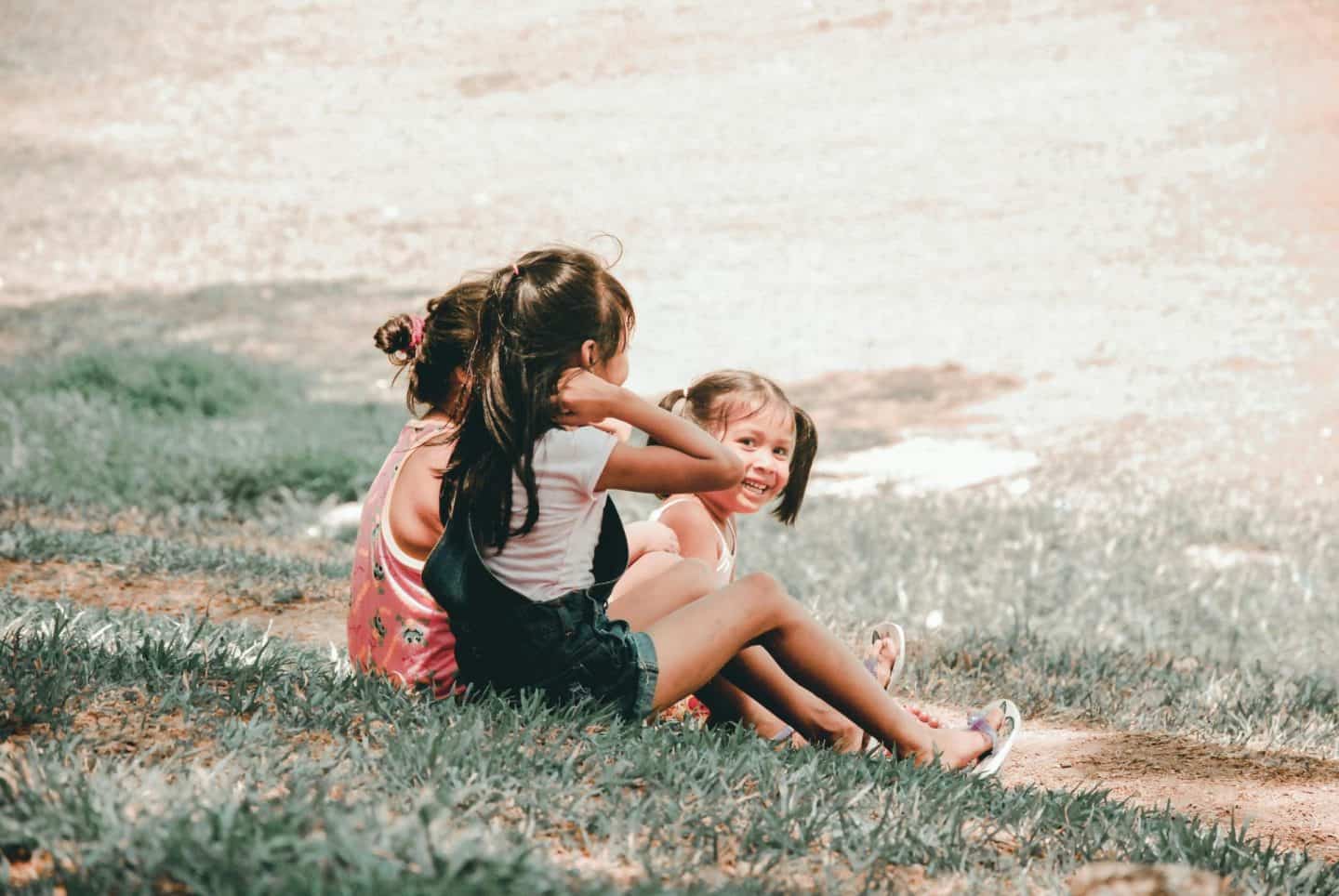As the modern world grows more and more interconnected, the ability to appreciate and navigate cultural diversity only becomes more important. This skill is particularly important for the younger generation, who will come of age in a world characterized substantially by cross-cultural interactions. By fostering intercultural exchange from a young age, parents and educators play a pivotal role in preparing children for a future where global awareness and cultural empathy are key to personal and professional success.
Exposing children to diverse cultural experiences from an early age enriches their development in many ways. Such experiences are critical for cultivating their sense of global citizenship and broadening their perspectives beyond their personal realities. In the long run, their participation in both formal and informal forms of intercultural exchange encourage adaptability, critical thinking, and open-mindedness—qualities that are invaluable in today’s world.
If you’re a parent looking for concrete ways to bring the world closer to your children, then you’ll definitely want to consider the following suggestions:

Look Into Student Exchange Programs
Imagine your child navigating the corridors of a school where every day is an adventure in learning, not just academically but culturally. Student exchange programs offer just that—a deep dive into a new culture and way of life, where learning goes beyond textbooks. It’s an opportunity for young learners to experience daily life in a different context from their own, which will help foster both independence and the development of a global mindset. Your child is in an especially good place to participate if they attend a Singapore international school, as these schools are especially likely to offer exchange programs.
Encourage Them to Study New Languages
For children, learning a new language is like unlocking a door to another world. It’s an invitation to explore new cultures, traditions, and ways of thinking. You can start this linguistic adventure at home with apps and online courses, or you can enroll them in formal language classes. Whatever you choose, the opportunity to immerse themselves in different languages will boost their cognitive skills and is also one of the most effective ways to deepen their cultural appreciation. They’ll gain access to the practices, music, and history of people from diverse backgrounds—and in the process, develop a richer, more nuanced understanding of the world.
Attend Cultural Festivals and Workshops
A cultural event is like a vibrant, living book where each page bursts with the unique colors and sounds of a different community. Festivals and workshops offer hands-on opportunities for children to immerse themselves in the richness of other cultures. Whether they’re watching a traditional dance or sampling unique flavors of ethnic cuisine, your child stands to learn valuable lessons from each experience. Encourage participation in these events and watch your child develop even greater curiosity about people and places far from their immediate surroundings.
Travel as a Family
Family vacations are more than just a break from your regular routine; they’re a chance to explore the world and have invaluable learning experiences together. International travel opens up a myriad of opportunities for cultural education that textbooks simply can’t match. Try navigating the bustling streets of a foreign city, visiting historical landmarks, or even engaging directly with local communities. Each moment is an opportunity for your child to see, firsthand, the vast array of lifestyles and perspectives that make up the world today.
Expose Them to More Diverse Books and Media
Diverse books, movies, TV shows, and even video games can be powerful tools for cultural education. Your child’s experiences with these media can transport them to different times and places and allow them to experience life through the eyes of others. The right stories can present complex concepts like cultural identity or social norms in an accessible and engaging manner. And if you’re judicious in selecting media that represents a variety of cultures and perspectives, you can help your child develop a more inclusive worldview and encourage empathy and understanding from a young age.
Discourage Prejudice and Stereotypes
It’s not enough for your child to simply be aware of cultural diversity; they must also make a conscious effort to understand and respect differences. An essential step in this journey is teaching your child to identify and challenge stereotypes and prejudicial ways of thinking. These often stem from misunderstandings or lack of exposure to different cultures. Don’t be afraid to discuss these matters openly with your child, as doing so is essential for them to develop a more nuanced understanding of the world. You can have such conversations in the context of current events, historical contexts, or even personal experiences, all of which can serve as teachable moments that reinforce the values of respect and inclusivity.
Support Intercultural Connections and Friendships
One of the most enriching experiences for children is forming friendships with peers from different cultural backgrounds. These relationships offer intimate insights into another way of life and challenge preconceptions. There are many ways to encourage your child to make and maintain such friendships, like participating in community events and joining clubs or groups with a diverse membership. These connections provide a safe space for children to explore cultural differences and similarities, ask questions, and share experiences.
In a world that’s closer and more connected than ever, your effort to equip your child with the skills to appreciate and uphold cultural diversity is a priceless gift. Through the avenues above, you have the power to shape an open-minded, empathetic global citizen. And as you encourage your child to further explore the tapestry of human cultures, you both enrich their lives and also contribute to a more understanding and unified world.
